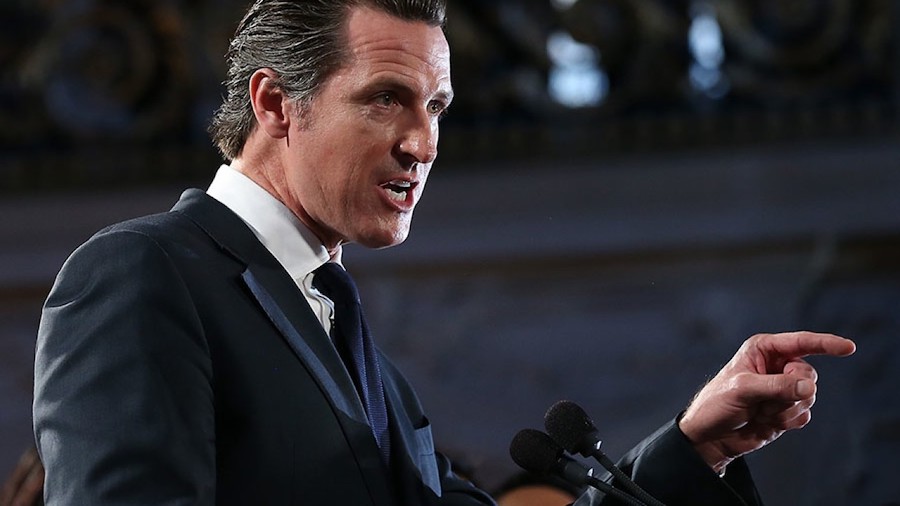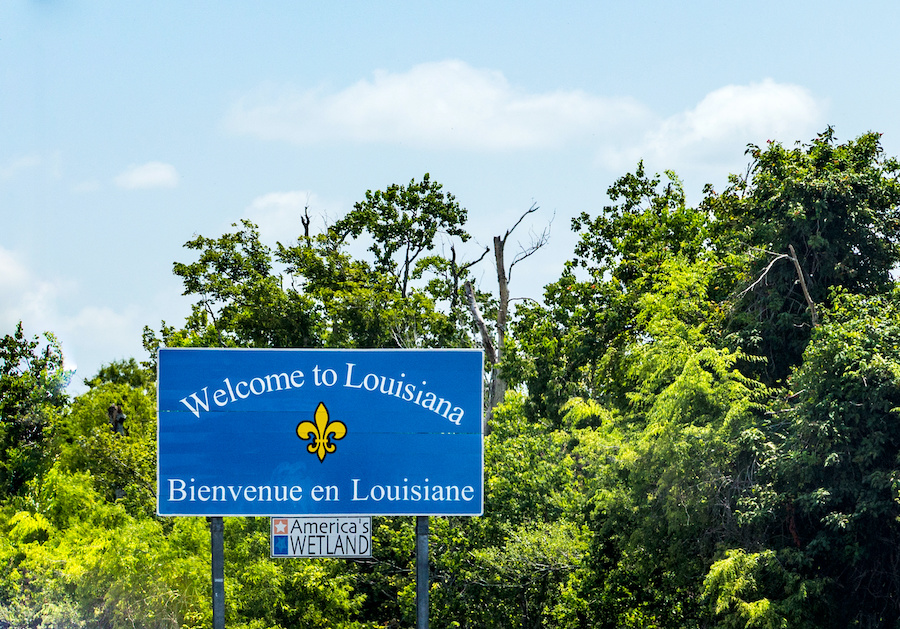On Monday, a United States District Court Judge in North Dakota ruled that the state’s law preventing called ID spoofing is unconstitutionally encroaching on Congress’s authority to regulate interstate trade. When North Dakota passed its Anti-Spoofing Act in 2019, SpoofCard, a New Jersey-based spoofing service, filed a lawsuit, arguing that it infringed on congressional authority.… Continue reading Federal Judge Strikes Down North Dakota’s Anti-Spoofing Law
Tag: State Level Legislation
California Legislature Passes Debt Collection Licensure Law
This week, both houses of the California state legislature passed the Debt Collection Licensing Act (SB 908), a bill that makes California one of 35 states to require a license in order to practice debt collection. Governor Gavin Newsom is expected to sign the bill into law. Deriving its authority from an existing law, the… Continue reading California Legislature Passes Debt Collection Licensure Law
TCPA Risks for Political Campaigns
Some callers may be under the mistaken impression that political calls are exempt from the Telephone Consumer Protection Act (TCPA). This is not true. However, because political calls are not regulated in the same way as marketing calls it is important to understand the distinct character of TCPA regulations for political campaigns. This article outlines the regulations and requirements that govern this unique form of telephone solicitation.
Virginia’s New Telemarketing Amendments Take Effect
Back in April, Virginia Governor Ralph Northam signed into law several amendments to the state’s existing law that regulates telemarketing, the Virginia Telephone Privacy Protection Act. Those amendments take effect July 1, 2020. The law was originally passed in 2001 and was most recently amended in 2019. The 2020 amendments clarify the law’s definition of… Continue reading Virginia’s New Telemarketing Amendments Take Effect
Minnesota Extends Work-From-Home Order and Clarifies Procedures for Debt Collectors
Last Friday, the Minnesota Department of Commerce issued Regulatory Guidance 20-27 clarifying remote work procedures for the debt collection industry and extending that guidance to cover Governor Tim Walz’s extension of the state’s COVID-19 peacetime emergency declaration. Governor Walz initially declared a peacetime emergency due to the COVID-19 crisis on March 13, 2020. On March… Continue reading Minnesota Extends Work-From-Home Order and Clarifies Procedures for Debt Collectors
Judge Rules That Massachusetts’ Emergency Debt Collection Ban Is Unconstitutional
At the end of March, Massachusetts Attorney General Maura Healey filed emergency regulations banning the collection of consumer debt during the COVID-19 crisis, including a 90 day ban on debt collection calls and text messages to Massachusetts residents. Last week, a judge issued an injunction preventing the Attorney General from enforcing that ban. The injunction… Continue reading Judge Rules That Massachusetts’ Emergency Debt Collection Ban Is Unconstitutional
Top 5 Risks for Inbound Calling Centers
Telemarketers must often navigate a minefield of risks. The Telephone Consumer Protection Act (TCPA), Telemarketing Sales Rule (TSR), various Do Not Call (DNC) laws, and other regulatory statutes present a vast array of potential, costly violations. Ah, but you may be saying, “I only take inbound calls and all of these regulations apply to outbound… Continue reading Top 5 Risks for Inbound Calling Centers
Louisiana’s Coronavirus State of Emergency Does Not Currently Ban Telephone Solicitations
Anyone who is familiar with the best practices for calling during declared states of emergency knows that a declared state of emergency in Louisiana means that telemarketing is prohibited in that state for the duration of the emergency. Indeed, we have covered this topic extensively in the past. However, a recent examination of the state’s… Continue reading Louisiana’s Coronavirus State of Emergency Does Not Currently Ban Telephone Solicitations
New York State Reduces Medical Debt Statue of Limitations to Three Years
The legislature of the state of New York and Governor Andrew Cuomo enacted the state’s 2021 Executive Budget. Among the budget’s provisions is one that reduces the statute of limitations from six years to three years for collections lawsuits on medical debt. This legislative change takes the form of an addition (§ 213-d ) to… Continue reading New York State Reduces Medical Debt Statue of Limitations to Three Years
The TCPA During the Coronavirus Pandemic
The current, novel coronavirus pandemic that is spreading COVID-19 is causing massive upheaval worldwide. For telemarketers, this is creating uncertainty as to how regulations such as the TCPA and state laws dictate what sorts of calls are allowed during such a period of emergency.








